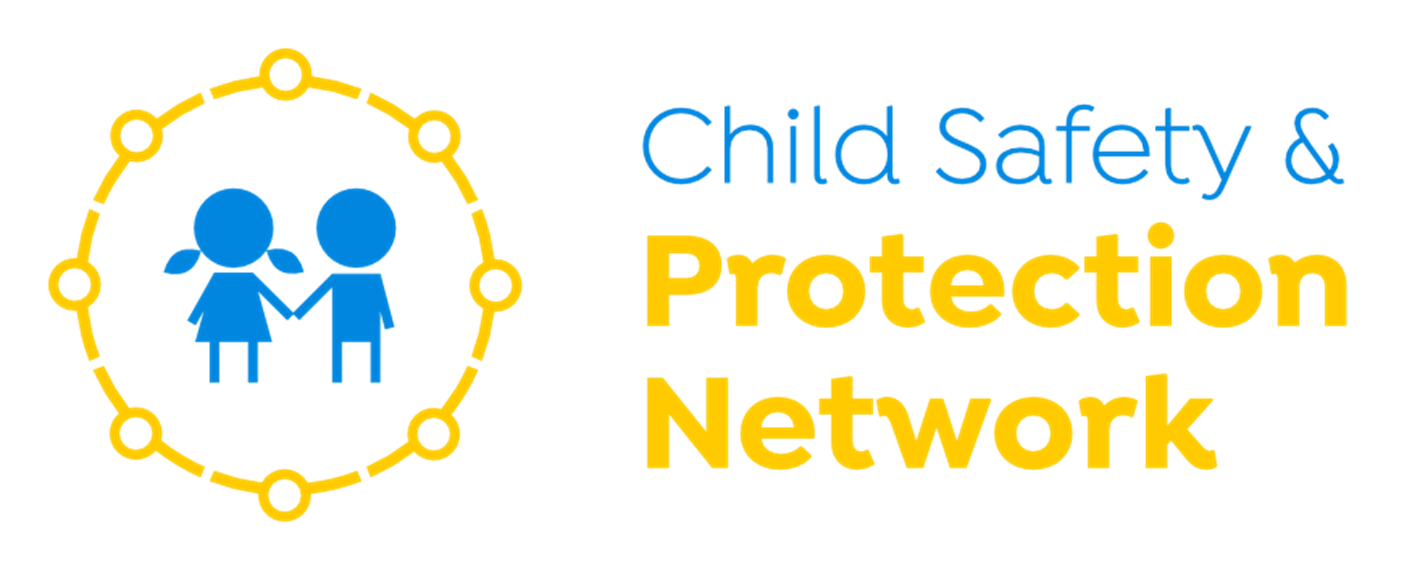Philosophy
We believe that God calls us to be creatures who communicate through language, based on His example of communicating with us through His revealed Word, the Bible. In the Bible, God employs many forms of literature, including stories and poetry, to instruct us in His character and expectations of us. Therefore we believe it is important for students to learn to communicate clearly and effectively through language, as well as to develop a love of God’s Word and an appreciation for the gifts of the spoken and written word. Students should master grammar, spelling, and other writing conventions, as well as learn how to comprehend spoken and written words, to think critically about them, and to respond clearly and thoughtfully through writing, speaking, and discussion.
Additionally, it is important to learn to love reading books to prepare students for a lifelong love of reading, as one does not go to book stores to buy textbooks, but books and magazines. It is also important for students to be able to integrate their Christian faith into life by looking at important themes or issues of life, comparing and contrasting them to the beliefs of great thinkers, authors, media and films in a continuous, natural way for lifelong learning and faithful Christian living.
Course Objective
Students will regularly learn new vocabulary through making lists of words they encounter which they do not know. Students will practice writing various types of essays to improve writing and critical thinking skills. Students will regularly read magazine articles and report on them. Students will regularly read books of their own choosing and report on them. Students will read from a wide variety of American authors using an historical- philosophical approach, covering the periods from the discovery of America to the present, emphasizing the prevailing philosophy or worldviews of each period and how that is reflected in the styles and content of the writings of specific periods. Students will view movies of books or movies related to unit themes to allow them to critically analyze both the literary/artistic effects of the films as well as to apply their Christian beliefs to the films’ content and enable them to develop lifelong Christian attitudes towards media. Students will do creative writing related to the themes, styles, genres studied and create a literary anthology.
Materials
Various films
A Beka American Literature textbooks
Computer
Magazines
Time Allotment:
50 minutes daily, 5 days per week, 2 semesters
Course Content
Study Skills, Vocabulary, Writing Skills & Evaluation: 6-Trait; Holistic; SAT
American Beginnings: Historical narratives, Poetry, Puritan influences, Classical worldview
Revolutionary Period: Enlightenment influences, politics & rhetoric
Romantic Period: Romanticism, Transcendentalists, Anti-Transcend.’s, Essays, Fiction, Poetry
Civil War Era: Transition into Realism, Naturalism; Slavery Influences; Fiction, Poetry
Turn of the Century: Immigrant Experience Lit., TCK connection- writing their own immigrant stories
Jazz Age & Modernism: Poetry & Fiction; End of WWI “lost generation” writers- present
Evaluation:
Tests, Quizzes
Individual & group projects
Posting blogs
Book, Magazine Reports
Video viewing responses
Essays, Creative writing




